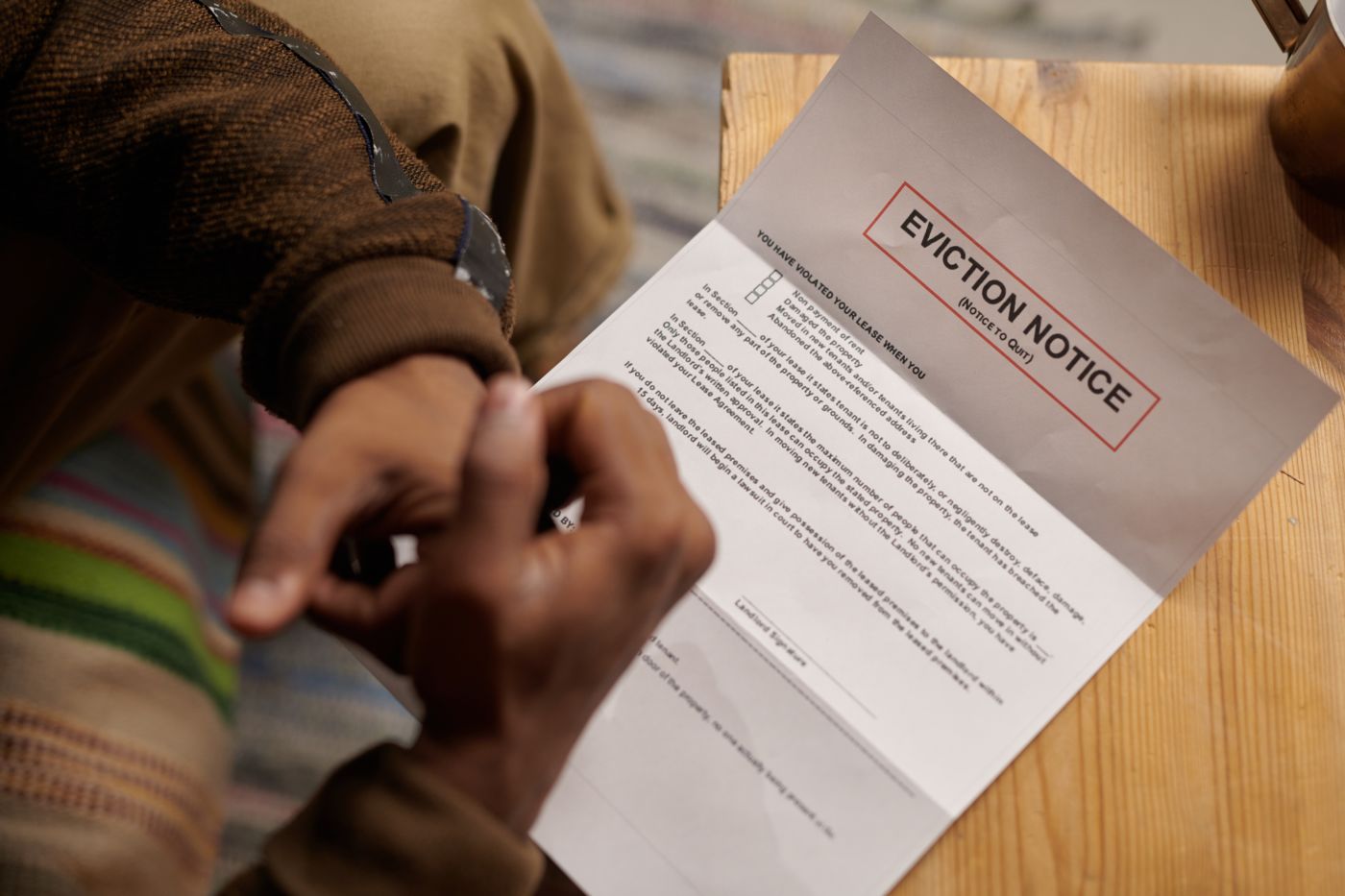A notary public is an official with authority to serve as an impartial witness in the signing of important documents. A notary public is typically a lawyer, judge, or other person of high standing who has been appointed by the government to serve in this capacity. The role of a notary public is often confused with that of an attorney or lawyer, but they are actually quite different.
Notaries Public perform many important functions in our society: they assist people who may not speak English very well in understanding legal documents; they verify that two parties have signed a contract or agreement; and they confirm the identity of people signing documents. In addition, Notaries Public can help prevent fraud by looking at signatures and comparing them with other known signatures on documents such as loans or contracts.
Overview of a Notary Public
Notaries Public are empowered by law to perform certain functions on behalf of clients who require their services. One function performed by notaries is to authenticate signatures on legal documents such as deeds, affidavits, powers of attorney, and so forth. In addition, notaries may certify copies of documents for use in court proceedings or for other legal purposes. They also have authority under certain circumstances.
The History of Notary Public
Notaries were first created in ancient Rome during the Roman Republic (from 509 BC to 27 BC). They were originally responsible for witnessing wills and contracts before they were considered legal. They also had the power to authorize witnesses and approve oaths taken under oath or affirmation.
The title was first used in England in the 13th century, when it was granted to certain officials who could witness signatures and documents. Notaries are still used today throughout the world, but they have different duties depending on where they serve. In Canada, for example, notaries must be licensed by the province in which they practice; those who wish to become notaries must attend an approved course at a college or university and pass an exam administered by their provincial government.
Notaries are most often associated with weddings and real estate transactions because these two activities require notarization of many types of documents. However, there are many other uses for notaries as well; they can also attest to signatures on legal documents such as affidavits or affidavits of execution (which is used when someone dies without leaving a will).
Information on Notary Public in Canada
In Canada today, notaries are appointed by provincial governments and must meet specific requirements before they can practice as one. All Canadian provinces require that notaries be citizens or permanent residents of Canada, but each province has different requirements for how long those people must have lived there before applying for certification. In some cases, it may only be necessary for them to have lived in Canada for six months before applying for certification; however, some provinces require residency periods.
A person who wishes to become a notary public must meet certain requirements set by local authorities. These include being at least 18 years old, having no criminal record, and having received a high school diploma or equivalent education. In order for a person to become a notary public in Canada, they must also pass an exam administered by their province’s law society.
Notaries should never accept any form of payment from clients unless they have been specifically instructed by the client beforehand that payment will be made directly.



